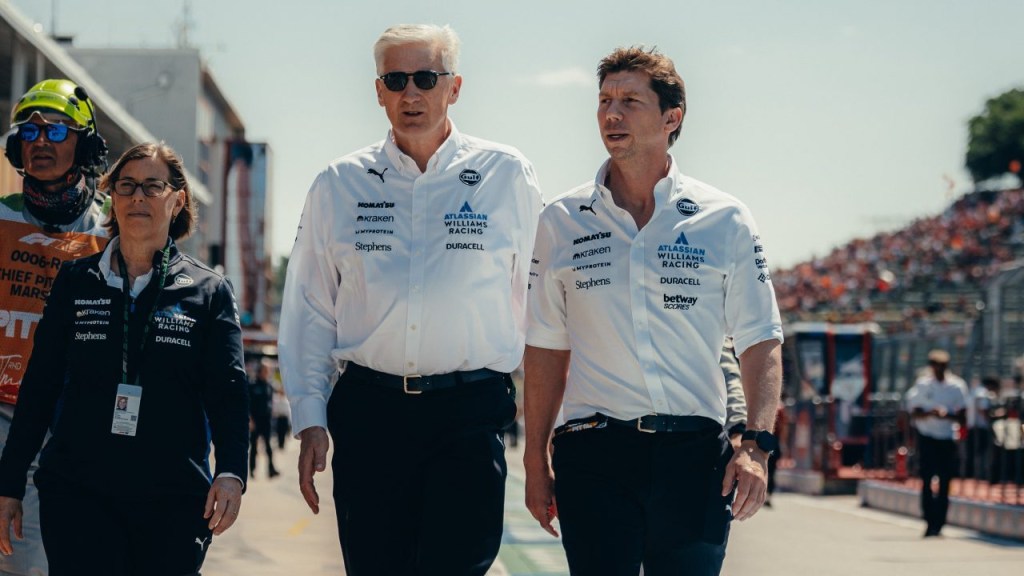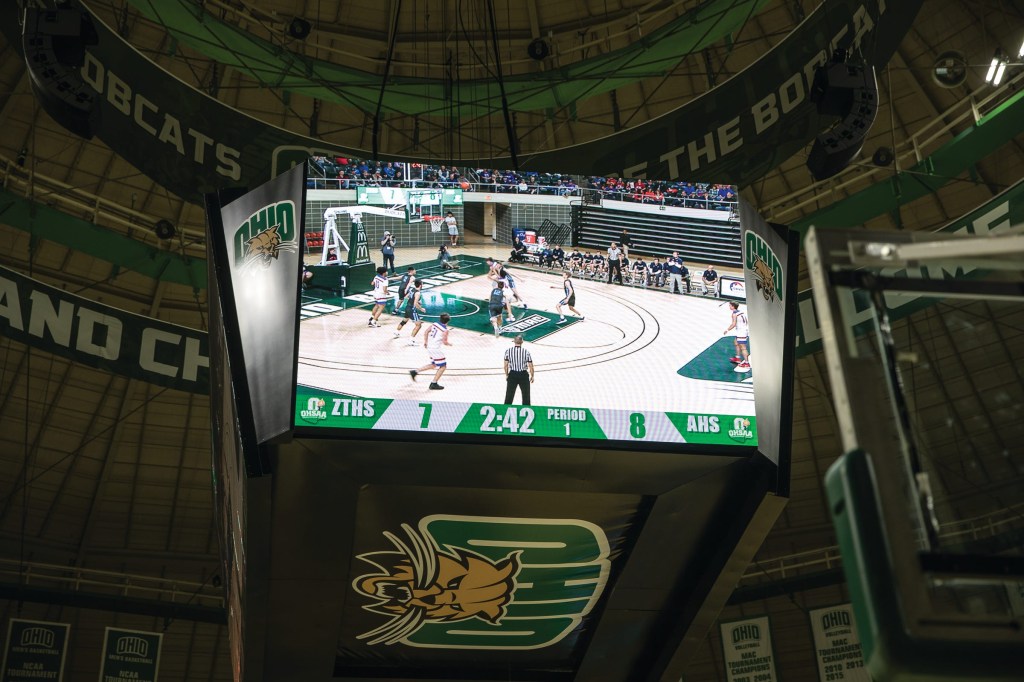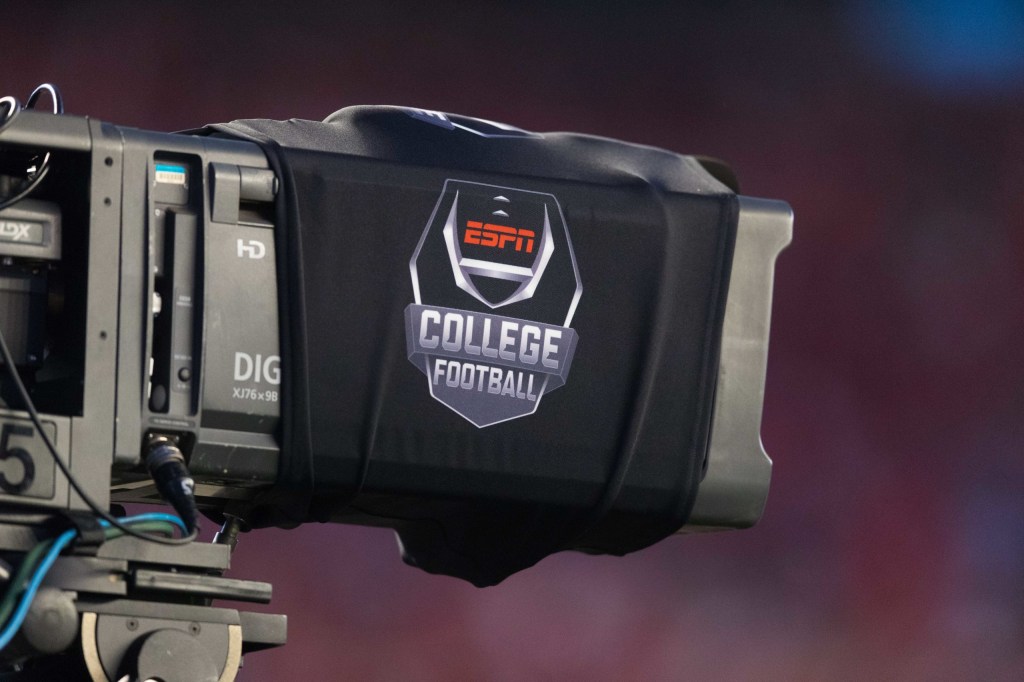Just because you make more, doesn’t mean you should spend more.

By Amobi Okugo, @amobisays
In reading former NBA superstar Adonyl Foyle’s book, “Winning the Money Game,” I learned a number of valuable insights into how athletes and individuals can better manage their money. One concept I enjoyed was the balance between income and expenses.
As an athlete, your income will be relatively high, especially considering your age. The minimum salary for the top four major sports leagues is well over the mid-six figures, but athletes need to make sure their expenses are proportional to their income.
As an athlete, you get rewarded for your play, whether it’s through bonuses, incentives, or a new contract. It’s important that just because your income increases, doesn’t mean your expenses should as well. It’s always a blessing to be rewarded for your play but you don’t build long term wealth if you spend more because you have more.
According to Russell Stewart, financial advisor with The Merrick Financial Group, studies show that for every 10% raise a person receives, their expenses rise 22%. That is a 12% difference between your income and expenses!
Just because I make more money doesn’t mean I have to upgrade everything I was perfectly content with previously.
I’ve been a culprit of this behavior in certain areas in the past.
I’m not saying don’t enjoy your promotion or new contract, but be sure to keep it in proportion with your new income. If I’m already driving a nice car that works for me, I don’t have to break the bank to get a new one.
You may not feel the effects immediately but over time you will, and for an athlete, all it takes is one injury or off year to lose a contract or take a pay cut. You have to always be focused on the long game: will your salary still be able to hold up to your expenses?
A great example of an athlete who gets the income vs expense relationship is Ryan Broyles. Broyles is famous for being the football player who lives on a budget of 60K a year, despite making over a million dollars a year. He feels that 60K is enough for him, it takes care of all the necessities and allows him to expand his financial portfolio for the long term.
I’m not recommending that you follow Broyles’ strict frugal budget, but it’s good to see someone who has kept their incomes and expenses in balance regardless of how high their income is.
As an athlete, you will see your salary increase over the course of your career, but remember, that salary source is finite. Don’t lose what you’ve earned by unnecessarily increasing your expenses disproportionate to your salary.
Amobi is the founder of Frugal Athlete, a resource providing an insider’s look into the personal financial playbook of professional athletes.
The site was created to highlight the prudent financial decision-making of athletes across sports, as well as provide a resource to other athletes and those interested in living a life well-spent.
For more check out www.afrugalathlete.com
Front Office Sports is a leading multi-platform publication and industry resource that covers the intersection of business and sports.
Want to learn more, or have a story featured about you or your organization? Contact us today.







![[Subscription Customers Only] Jun 15, 2025; Seattle, Washington, USA; Botafogo owner John Textor inside the stadium before the match during a group stage match of the 2025 FIFA Club World Cup at Lumen Field.](https://frontofficesports.com/wp-content/uploads/2026/02/USATSI_26465842_168416386_lowres-scaled.jpg?quality=100&w=1024)
![[Subscription Customers Only] Jul 13, 2025; East Rutherford, New Jersey, USA; Chelsea FC midfielder Cole Palmer (10) celebrates winning the final of the 2025 FIFA Club World Cup at MetLife Stadium](https://frontofficesports.com/wp-content/uploads/2026/02/USATSI_26636703-scaled-e1770932227605.jpg?quality=100&w=1024)








